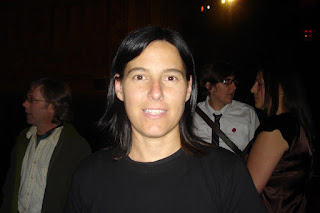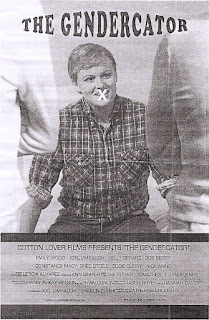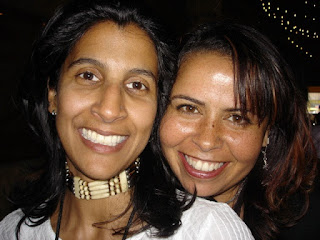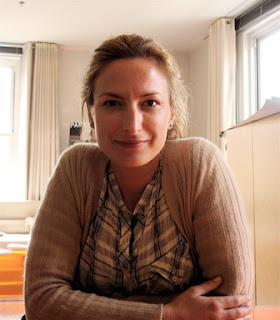Search This Blog
women in film & media
Production, distribution, reception
of films
Posts
Jamie Babbit Closes Frameline; Andrea Sperling Receives Frameline 2007 Award
- Get link
- Other Apps
Born in Flames Revival at Frameline
- Get link
- Other Apps
Frameline31 San Francisco Pulls Lesbian Film from Lineup
- Get link
- Other Apps
Third Queer Women of Color Film Festival, San Francisco, 2003
- Get link
- Other Apps
National Queer Arts Festival, San Francisco Kicks Off
- Get link
- Other Apps
Lesbian National Center for Lesbian Rights Celebrates 30 with Martina Navratilova
- Get link
- Other Apps
Ensemble Album with Swedish Lesbian Vocalist Eva Dahlgren Blacklisted by Bush
- Get link
- Other Apps









